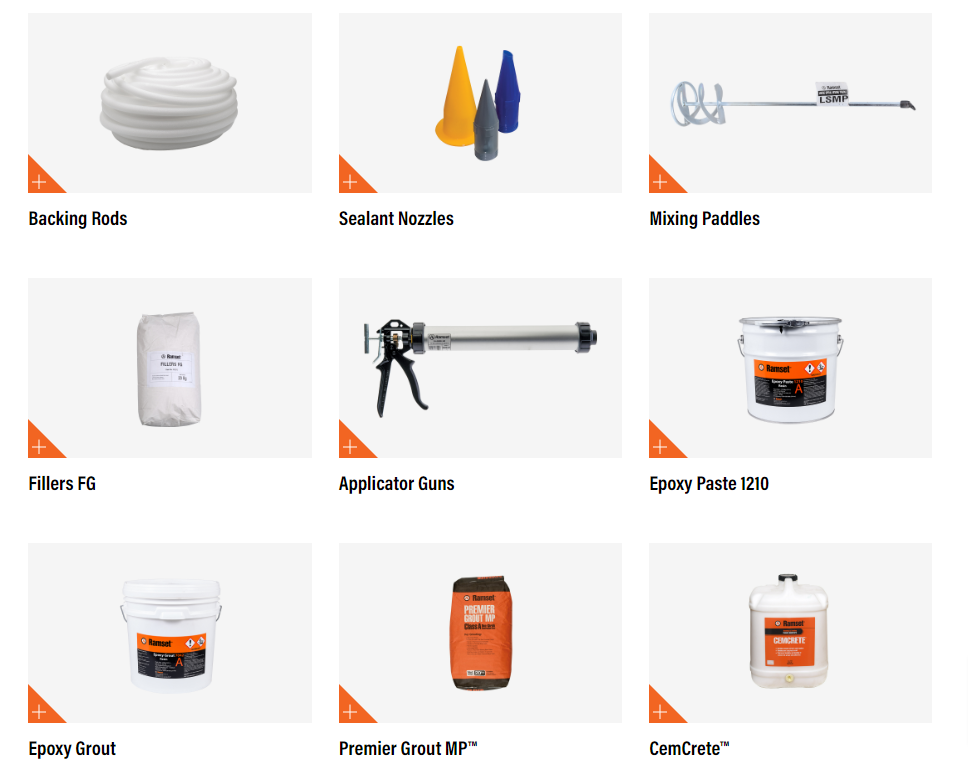Chemicals play a vital role in construction, serving various purposes from structural enhancement to finishing touches. These substances are essential for improving the durability, workability, and aesthetic appeal of construction materials. Below is a list of common construction chemicals used in the industry, along with their purposes:
- Concrete Admixtures
- Superplasticisers: Reduce water content in concrete while maintaining its workability, leading to stronger, more durable structures.
- Retarders: Slow down the setting time of concrete, useful in hot weather or for complex pourings.
- Accelerators: Speed up the setting and hardening of concrete, beneficial in cold weather construction.
- Air-entraining agents: Introduce tiny air bubbles into concrete, improving its durability, especially against freeze-thaw cycles.
- Sealants and Adhesives
- Polyurethane Sealants: Used for sealing joints and gaps, offering flexibility and high durability against weather and movement.
- Epoxy Resins: Serve as high-strength adhesives for bonding building materials and repairing concrete cracks.
- Silicone Sealants: Provide waterproof sealing around windows, doors, and other openings, resistant to weathering and UV light.
- Protective Coatings
- Paints and Primers: Used for aesthetic finishes, protection against weathering, and corrosion resistance on metal structures.
- Waterproofing Chemicals: Include bituminous coatings and liquid membranes, applied to foundations, roofs, and walls to prevent water ingress.
- Fire Retardant Chemicals: Applied to materials to improve fire resistance, crucial for safety and compliance with building codes.
- Insulation Materials
- Polyurethane Foam: A spray-applied chemical insulation that expands and hardens, providing high thermal resistance and sealing gaps.
- Polystyrene (EPS and XPS): Used in board or bead form for thermal insulation in walls, roofs, and flooring.
- Flooring Compounds
- Epoxy Floor Coatings: Provide durable, resistant surfaces for industrial and commercial floors, resistant to chemicals, stains, and wear.
- Self-leveling Underlayments: Chemical mixtures used to create smooth, level surfaces before the application of floor finishes.
- Wood Preservatives
- Creosote: A traditional wood preservative used for utility poles and railroad ties, protecting against insects and decay.
- Copper-based Preservatives: Such as copper azole or ACQ (Alkaline Copper Quaternary), protect the wood from decay and insect damage, used in residential and commercial construction.
- Corrosion Inhibitors
- Calcium Nitrite: Used in concrete to protect steel reinforcement bars from corrosion.
- Zinc Coatings (Galvanisation): Applied to steel structures or components to protect against corrosion.
Environmental and Safety Considerations
While these construction chemicals are instrumental in construction, their use comes with responsibilities for environmental protection and safety. Proper handling, usage, and disposal of construction chemicals are essential to minimise their impact on workers’ health and the environment.







Leave a Reply